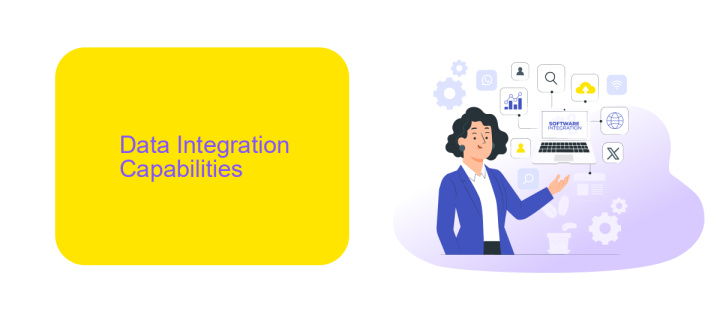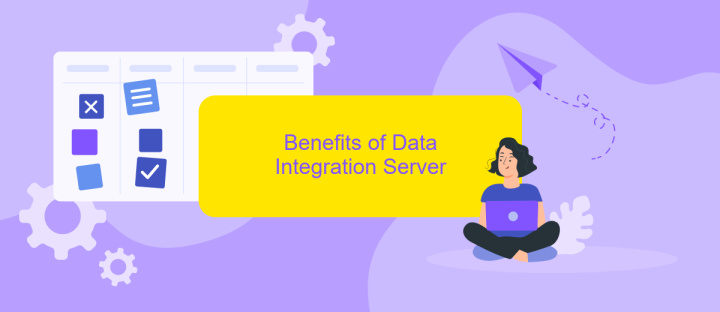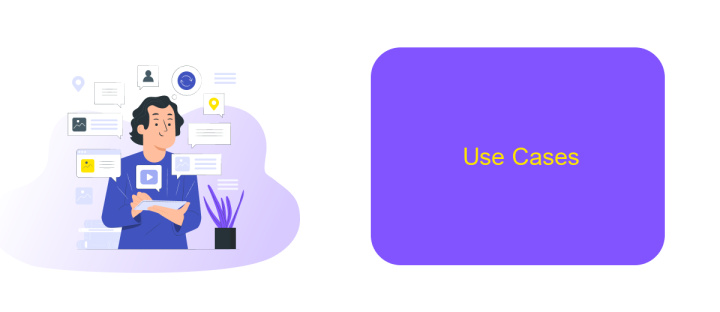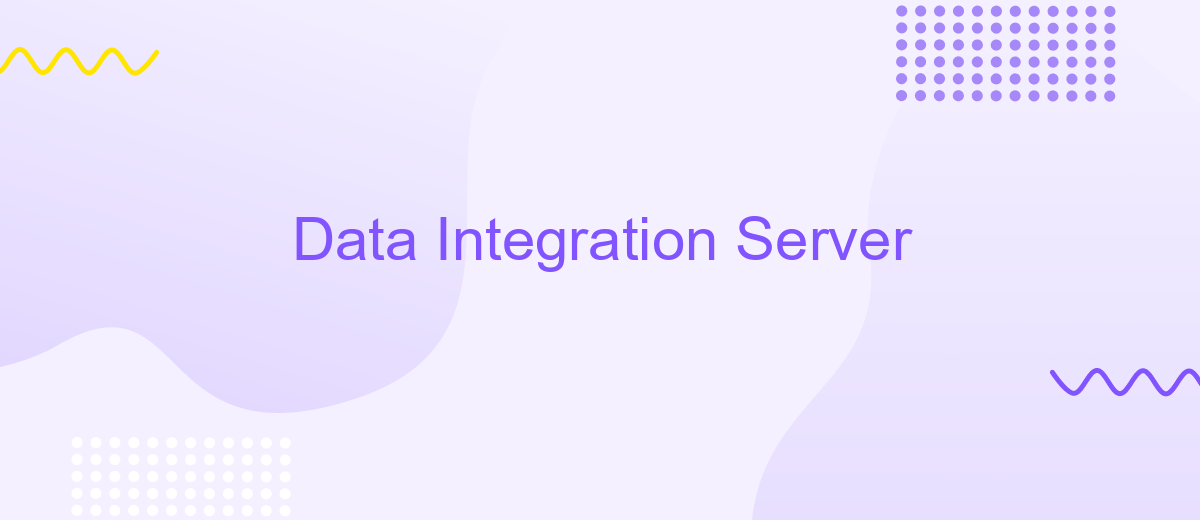Data Integration Server
A Data Integration Server is a critical component in modern data management, enabling seamless data flow across diverse systems and applications. It ensures data consistency, accuracy, and accessibility by consolidating, transforming, and distributing data. This article explores the key features, benefits, and implementation strategies of Data Integration Servers, highlighting their importance in driving efficient and informed business decisions.
Introduction
Data Integration Server is a critical component in modern data management, enabling seamless data flow between disparate systems. It acts as a central hub where data from various sources is collected, transformed, and distributed to target systems, ensuring data consistency and accessibility across the organization.
- Centralized data management
- Enhanced data quality and consistency
- Scalability and flexibility
- Real-time data processing
One such tool that simplifies the setup of data integrations is ApiX-Drive. This service allows businesses to automate data transfer between different applications without the need for complex coding. By using ApiX-Drive, organizations can streamline their data workflows, reduce manual data entry, and ensure that critical business data is always up-to-date and accurate.
Data Integration Capabilities

Data Integration Servers offer a wide range of capabilities that streamline the process of combining data from various sources into a cohesive and usable format. They enable seamless data flow between disparate systems, ensuring that information is consistently updated and accessible. These servers support multiple data formats and protocols, making it easier to handle complex data integration scenarios. With robust data transformation tools, they can clean, enrich, and standardize data, ensuring high-quality and reliable outputs.
One notable service that enhances data integration capabilities is ApiX-Drive. This platform offers a user-friendly interface for configuring integrations between different applications without the need for coding. It supports a wide array of applications and services, facilitating automated data transfers and synchronization. ApiX-Drive's flexible scheduling options and real-time data processing ensure that your data is always up-to-date. Additionally, its monitoring and error-handling features provide transparency and reliability, making it an invaluable tool for any data integration strategy.
Benefits of Data Integration Server

Data Integration Servers offer numerous advantages for businesses aiming to streamline their data management processes. These servers act as a centralized hub, ensuring seamless data flow between various systems and applications. By consolidating data from multiple sources, businesses can achieve greater accuracy and consistency in their data operations.
- Improved Data Quality: Data Integration Servers help eliminate data redundancy and inconsistencies, leading to higher data quality.
- Enhanced Efficiency: Automating data integration processes reduces manual effort and minimizes errors, thus saving time and resources.
- Scalability: These servers can handle increasing volumes of data, making them suitable for growing businesses.
- Real-Time Data Access: Data Integration Servers provide real-time access to data, enabling timely decision-making.
- Cost-Effective: By reducing the need for multiple data management tools, businesses can lower operational costs.
One such service that facilitates efficient data integration is ApiX-Drive. This platform allows businesses to set up integrations quickly and effortlessly, connecting various applications and automating data transfers. With ApiX-Drive, companies can ensure that their data is always synchronized and up-to-date, enhancing overall productivity and decision-making capabilities.
Use Cases

Data Integration Servers are essential tools for businesses looking to streamline their data management processes. They enable seamless data flow between various applications, databases, and systems, ensuring that information is consistent and up-to-date across the board.
One of the primary use cases for Data Integration Servers is in real-time data synchronization. This is particularly useful for organizations that rely on multiple software solutions to manage different aspects of their operations. By integrating these systems, businesses can ensure that data is accurate and accessible whenever needed.
- Automated data transfer between CRM and ERP systems
- Centralized data repository for business analytics
- Real-time updates for e-commerce platforms
- Integration of third-party APIs for enhanced functionality
Services like ApiX-Drive can significantly simplify the setup and management of these integrations. By providing a user-friendly interface and a wide range of pre-built connectors, ApiX-Drive allows businesses to quickly establish and maintain data flows between their various applications, reducing the need for extensive manual intervention and ensuring data integrity.
- Automate the work of an online store or landing
- Empower through integration
- Don't spend money on programmers and integrators
- Save time by automating routine tasks
Conclusion
In conclusion, a Data Integration Server serves as a critical component in managing and synchronizing data across various systems and applications. It ensures data consistency, enhances operational efficiency, and supports real-time decision-making by providing a unified view of information. The implementation of such a server can significantly reduce the complexity and cost associated with manual data handling and integration tasks.
For those looking to streamline their data integration processes, services like ApiX-Drive offer robust solutions. ApiX-Drive simplifies the setup and management of integrations, enabling seamless data flow between different platforms without requiring extensive technical expertise. By leveraging such tools, organizations can accelerate their digital transformation initiatives, improve data accuracy, and ultimately drive better business outcomes.
FAQ
What is a Data Integration Server?
Why is data integration important?
How can I automate data integration tasks?
What are the common challenges in data integration?
How does ApiX-Drive help with data integration?
Apix-Drive is a simple and efficient system connector that will help you automate routine tasks and optimize business processes. You can save time and money, direct these resources to more important purposes. Test ApiX-Drive and make sure that this tool will relieve your employees and after 5 minutes of settings your business will start working faster.


